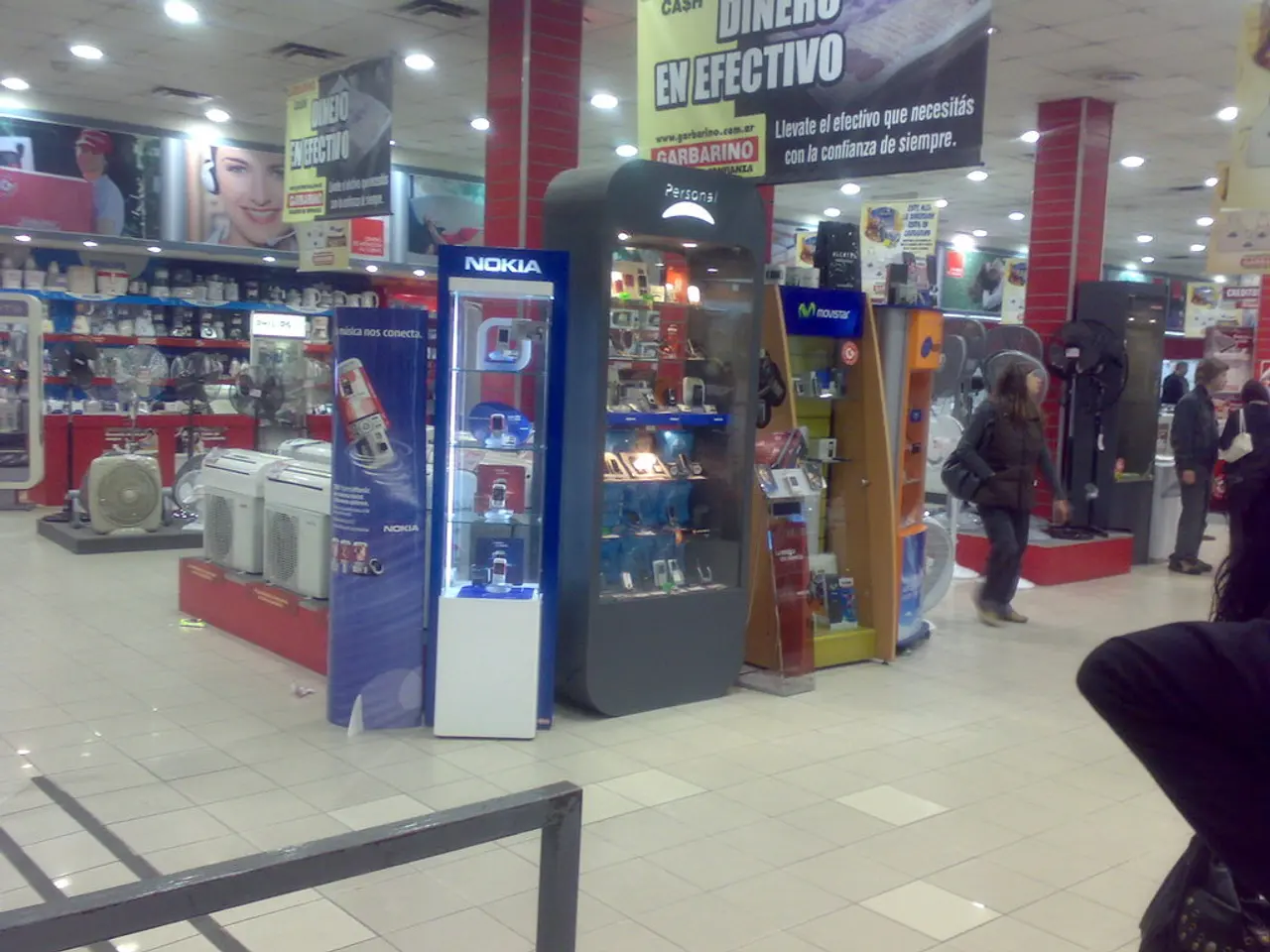Guide for boosting energy efficiency and decreasing waste in small businesses
Energy Efficiency and Waste Reduction: Key Strategies for Australian Small Businesses
Small businesses in Australia are increasingly recognising the importance of adopting energy-efficient and waste reduction practices to reduce operating costs and enhance sustainability. Here are some key strategies that can help businesses achieve these goals.
LED Lighting Upgrades
Replacing traditional bulbs with energy-efficient LED lights can result in significant energy savings. LED lights use up to 90% less electricity than incandescent bulbs, cutting lighting-related electricity costs by up to 25%. Moreover, LEDs have a much longer lifespan, reducing maintenance costs. In New South Wales, the government-backed NSW LED upgrade scheme allows small businesses to switch to high-performance LED lighting with a small co-payment, making it an affordable option with no heavy upfront costs.
Heating, Ventilation, and Cooling (HVAC) Efficiency
Small businesses can also reduce energy consumption by setting heating between 18-20°C and cooling between 24-26°C during business hours, using programmable thermostats, sealing drafts with weather stripping or door seals, and installing blinds or curtains to reduce heat loss or gain. Regular maintenance of air conditioning systems, such as cleaning coils and replacing filters, improves efficiency and lowers costs.
Behavioral and Operational Changes
Scheduling heat-generating processes during cooler hours, closing windows and curtains outside operating hours to conserve heat or cool air, and using fans for air circulation to allow higher thermostat settings can help minimise energy demand spikes.
Government Rebates and Support
Small businesses with an active ABN and modest energy consumption may qualify for financial relief such as up to $150 in electricity bill relief under NSW schemes, often applied automatically through their energy provider. Additional grants and incentives are available federally and at the state level to support energy-efficient upgrades, often reducing upfront costs and improving payback periods.
Energy Procurement Strategies
Beyond on-site efficiency, small businesses can explore renewable power purchase agreements (PPAs) or aggregated renewable offers to gain price stability and reduce emissions without large initial investments.
Waste Reduction Practices
Minimising packaging, recycling materials on-site, composting organic waste, and reducing resource wastage through operational audits can all contribute to cost savings on waste disposal fees and improve the environmental footprint of businesses. These practices align with customer demand for sustainable business behaviour.
Going Digital
Going digital can help reduce paper waste for small businesses by sending customer invoices via email, forwarding receipts electronically, and requesting bank statements, bills, and other documents be sent via email.
Insulation and Draught-Proofing
Ensuring there's good quality insulation in the roof space and finding and stopping draughts can help stop money disappearing into thin air. A simple door snake is a great way to keep chilly air from creeping in under the door.
Alternatives to Plastic
For food industry businesses, swapping polystyrene food containers for plastic-free options such as recycled cardboard and paper, corrugated cardboard packaging, "peanuts", recyclable adhesive shipping labels, biodegradable plastics, air pillows made from recycled material, and ecological textiles can help conserve resources. Retail businesses can reduce plastic waste by eliminating plastic from stores, using cotton tote bags, and finding ways to recycle old products and materials.
Insurance Coverage
Investing in energy efficiency through solar panels, batteries, electric vehicles, and other energy assets requires appropriate small business insurance coverage. RACV Trades can help with the installation of LED lighting in small businesses, providing protection and peace of mind.
By combining straightforward technology upgrades with practical operational adjustments and financial incentives, Australian small businesses can reduce energy usage, cut operating costs, and enhance sustainability with manageable investment and effort.
Read also:
- Celebrated Title: Cheesemakers Blessed Upon
- Construction and renovation projects in Cham county granted €24.8 million focus on energy efficiency
- Threat looms over an ancient rock art site in Australia as the government prolongs the existence of a giant gas facility nearby
- Weekly proceedings in the Federal Diet (Bundestag)








